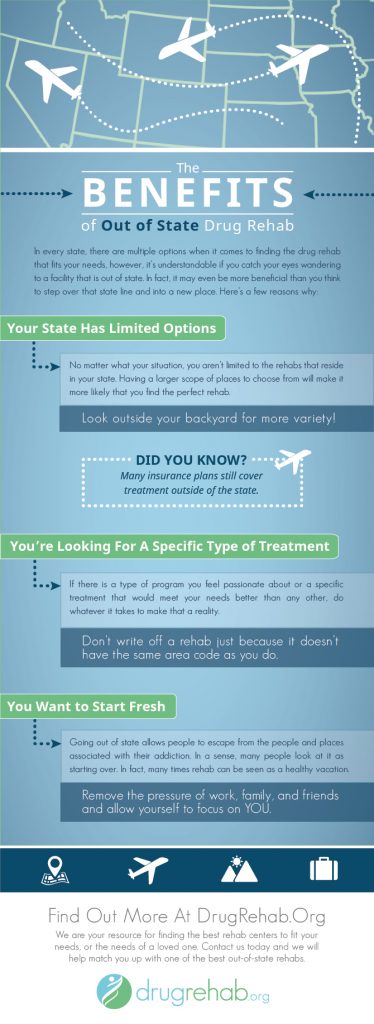Discover The Secrets To Creating A Comprehensive Aftercare Strategy Complying With Drug Rehab And Lay The Structure For Continual Success
Discover The Secrets To Creating A Comprehensive Aftercare Strategy Complying With Drug Rehab And Lay The Structure For Continual Success
Blog Article
Short Article By-Choate Watson
You've finished drug rehab, and now it's time to develop an effective aftercare plan to guarantee your long-lasting healing.
Photo this: you're a person established to remain clean and construct a satisfying life. This write-up will certainly direct you through determining continuous support group, incorporating therapy and therapy, and creating healthy and balanced coping mechanisms.
With these approaches, you'll be furnished to thrive in your journey of sobriety.
Let's begin.
Identifying Ongoing Support Systems
You need to determine at least 3 recurring support group to make certain a successful healing after drug rehabilitation.
just click the next site is your family and friends. They can supply emotional support, encouragement, and aid you remain answerable. They can additionally provide a safe and understanding setting where you can share your battles and triumphes.
The 2nd support group is your therapist or therapist. They can aid you overcome any kind of underlying problems that may have contributed to your dependency and provide support on how to prevent relapse. They can additionally show you coping devices and healthy means to handle stress and anxiety.
The third support group is a support group or a sober area. Being surrounded by others that are going through similar experiences can be incredibly valuable. White Sands inpatient drug rehab Suboxone Center 33913 can give a feeling of belonging, recognizing, and offer beneficial guidance and assistance.
Incorporating Treatment and Counseling
To attain a successful healing, it's important for you to actively take part in treatment and therapy sessions, as well as integrate them into your ongoing support systems. By doing so, you can optimize the advantages of these therapy methods and enhance your chances of maintaining lasting sobriety.
Below are some key reasons why integrating treatment and therapy right into your aftercare strategy is critical:
- ** Emotional Support: ** Treatment and counseling give a secure space for you to share your thoughts, sensations, and has a hard time pertaining to your dependency. It allows you to work through any unsolved concerns and develop healthy coping devices.
- ** Relapse Avoidance: ** These sessions equip you with the required devices and methods to prevent relapse. They assist you recognize triggers, create dealing abilities, and develop a solid structure for managing food cravings and stress and anxiety.
- ** Individual Development: ** Treatment and counseling help with individual growth and self-discovery. They aid you gain understanding into the underlying causes of your addiction, improve self-worth, and develop healthier relationships.
Establishing Healthy And Balanced Coping Devices
During therapy and counseling sessions, it's vital to proactively work with developing healthy coping devices in order to properly handle anxiety and difficulties.
You need to recognize and comprehend your triggers, those things that create you distress or stress and anxiety. By recognizing these triggers, you can develop methods to handle them in a healthy and balanced method. This could involve practicing deep breathing exercises, engaging in physical activity, or discovering an innovative electrical outlet to express your feelings.
It is necessary to likewise surround on your own with a solid support group of friends and family who can give encouragement and support.
Moreover, self-care activities such as obtaining sufficient sleep, eating well, and practicing leisure strategies can considerably add to your overall health.
Final thought
In the journey towards healing, developing an effective aftercare strategy is like often tending to a delicate garden. Equally as a garden enthusiast nurtures each plant with care and attention, so as well must one cultivate recurring support group, include treatment and counseling, and create healthy coping mechanisms.
By doing so, the seeds of recovery will bloom into a flourishing yard, offering a strong structure for a brighter, drug-free future.
